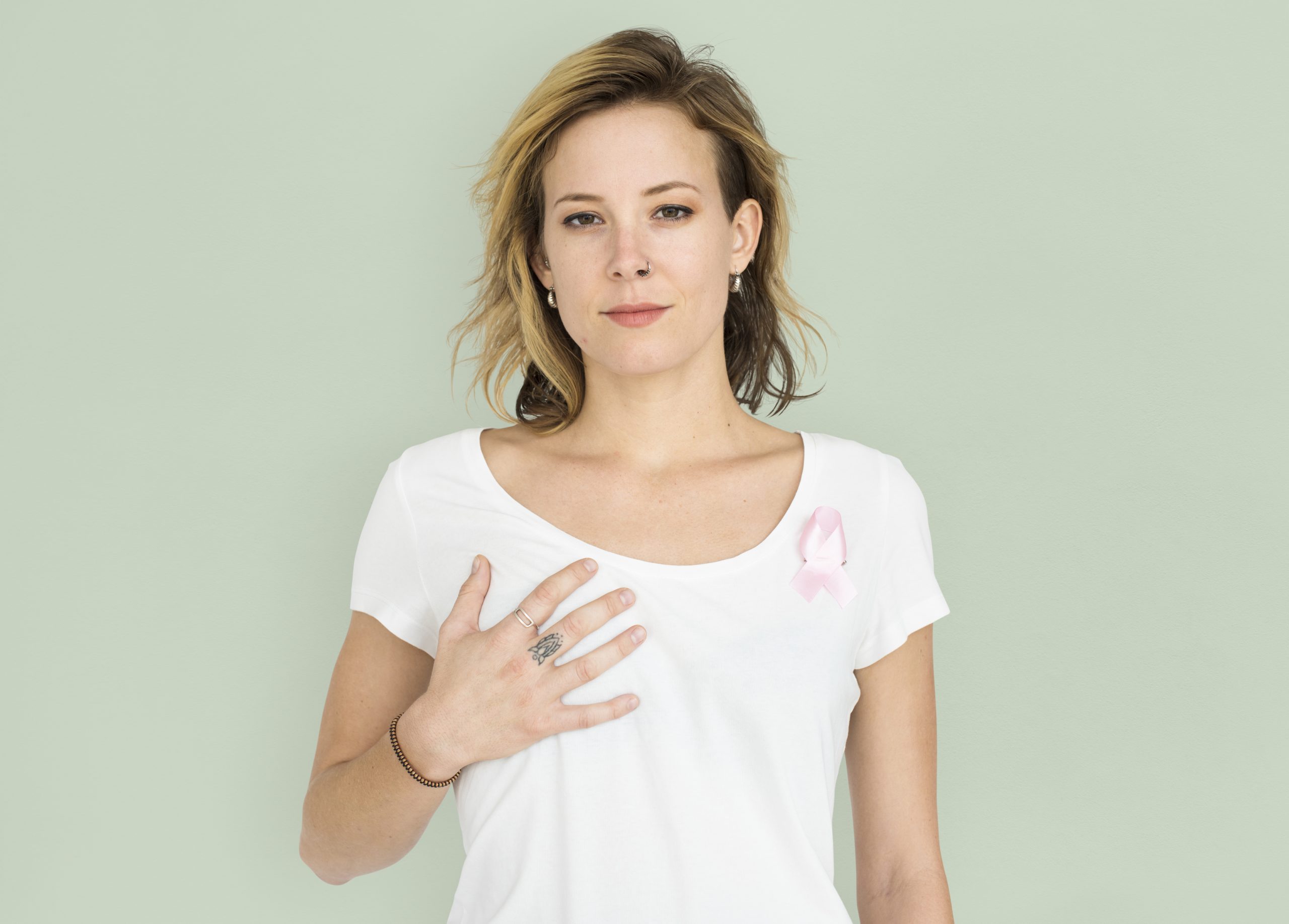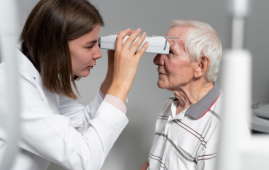

Researchers now understand why lung-resident breast cancer cells can “wake up” after years of dormancy to create inoperable secondary breast cancer tumors. Even after receiving initial diagnosis and treatment, women with estrogen receptor-positive (ER+) breast cancer, which is the most common variety, continue to run the risk of having their cancer return to another area of their body.
Secondary or metastatic breast cancer, which is treatable but incurable when breast cancer cells move from the initial disease in the breast to other parts of the body, is referred to as this.
The new study, which was just published in the journal Nature Cancer, demonstrated how aging-related molecular alterations in the lung can promote the development of these secondary cancers.
They found that the dormant cancer cells can expand and transform into secondary breast cancer if the level of PDGF-C rises, which is more common in an older lung or when its tissue gets injured or scarred.
The next step was to determine if inhibiting PDGF-C activity could stop these cells from “reawakening” and the development of subsequent tumors.
Imatinib, a cancer growth inhibitor presently used to treat patients with chronic myeloid leukemia, was employed by researchers in the Breast Cancer Now Toby Robins Research Center at The Institute of Cancer Research to target PDGF-C signaling in mice with ER+ tumors.
The medication was administered to the mice both before and after the tumors appeared. Lung cancer growth was greatly slowed down in both groups.
Around 44,000 cases of primary breast cancer are diagnosed in the UK each year, and up to 80% of these cases are ER+.
Dr. Frances Turrell, postdoctoral training fellow in the Division of Breast Cancer Research at The Institute of Cancer Research, London, said, “Cancer cells can survive in distant organs for decades by hiding in a dormant state. We’ve discovered how aging lung tissue can trigger these cancer cells to ‘reawaken’ and develop into tumors, and uncovered a potential strategy to ‘defuse’ these ‘time bombs.’ We now plan to better unpick how patients might benefit from the existing drug imatinib, and in the long term aim to create more specific treatments targeted at the ‘reawakening’ mechanism.”
Professor Clare Isacke, Professor of Molecular Cell Biology at The Institute of Cancer Research, London, said, “This is an exciting stride forward in our understanding of advanced breast cancer—and how and why breast cancer cells form secondary tumors in the lungs. Next, we need to pinpoint when these age-related changes happen and how they vary between people so that we can create treatment strategies that prevent cancer cells ‘reawakening.'”
Dr. Simon Vincent, director of research, support, and influence at Breast Cancer Now, said, “We know that for years after finishing breast cancer treatment many women fear the disease returning. With an estimated 61,000 people living with secondary breast cancer in the U.K., more research to understand and treat it is vital.
“This exciting discovery brings us a step closer to understanding how we can slow down or stop the development of ER+ secondary breast cancer in the lung. It has the potential to benefit thousands of women living with this ‘time bomb’ in the future, ensuring fewer patients receive the devastating news the disease has spread.”
With her husband David, also 38, and son Charlie, 16, Rachel Davies, 38, resides in Swansea. She had a mastectomy, lymph node removal, chemotherapy, and radiotherapy after being given the diagnosis with ER+ breast cancer in 2021.
Three months after ending therapy, in May 2022, Rachel underwent a scan and learned the disease had spread to her sternum and eventually her spine. She is currently undergoing hormone therapy, a targeted cancer medication called ribociclib, and a scan every three months.
Rachel said, “I’ve seen some women finish treatment and ring that bell and celebrate it being over, and this always worries me as you can never be complacent that it won’t return. Finding out cancer had spread when I thought it was all in the past was heartbreaking. That’s why it’s so important that research into secondary breast cancer happens so we can find new ways to stop women from going through what I’m experiencing.
“My life is very different now as I had to leave my job in adult social services and give up the degree I was studying for. But I remain positive and I try not to let it get to me. It’s made me appreciate things more and I think it has made me a better person. Research like this gives me hope for women being treated for breast cancer in the future. I don’t want to waste my precious time being bitter or angry.”
more recommended stories
 Retinal Neurodegeneration in Parkinson’s Disease
Retinal Neurodegeneration in Parkinson’s DiseaseBy measuring the thickness of the.
 Epilepsy Seizures: Role of Astrocytes in Neural Hyperactivity
Epilepsy Seizures: Role of Astrocytes in Neural HyperactivityRoughly 1% of people experience epilepsy.
 Role of Engineered Peptides in Cancer Immunotherapy
Role of Engineered Peptides in Cancer ImmunotherapyIn a recent publication in Nature.
 CRISPR-Cas9 Gene Therapy for Prostate Cancer
CRISPR-Cas9 Gene Therapy for Prostate CancerIn their preclinical model, the researchers.
 Epilepsy Surgery: Rare Hemorrhagic Complications Study
Epilepsy Surgery: Rare Hemorrhagic Complications StudyFollowing cranial Epilepsy Surgery, hemorrhagic complications.
 Pediatric Epilepsy – Mental Health Interventions Unveiled
Pediatric Epilepsy – Mental Health Interventions UnveiledMental health challenges frequently manifest in.
 Neoadjuvant Chemotherapy Boosts Ovarian Cancer
Neoadjuvant Chemotherapy Boosts Ovarian CancerDuring the COVID-19 pandemic, US women.
 Brain Connectivity Unveils New Insights into Autism
Brain Connectivity Unveils New Insights into AutismBecause autism spectrum disease symptoms can.
 AI Tool Predicts Cancer Therapy Responses Using Tumor Cell Data
AI Tool Predicts Cancer Therapy Responses Using Tumor Cell DataWith over 200 types of cancer,.
 Nutrient Optimization: Vitamin D for Health
Nutrient Optimization: Vitamin D for HealthResearchers addressed the prevalence of vitamin.

Leave a Comment